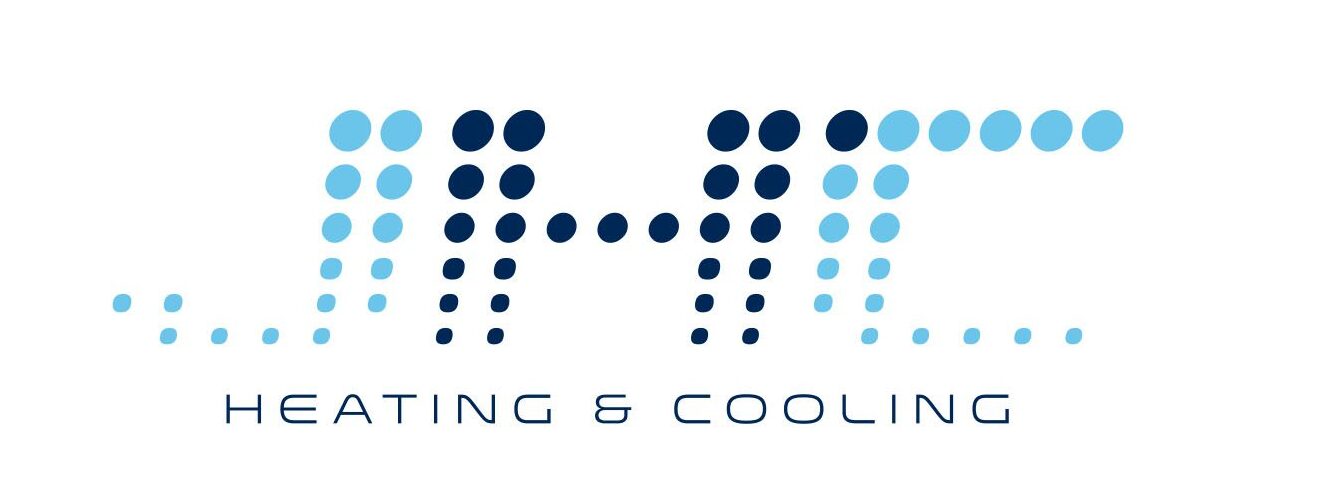Heating water for showering, doing laundry, washing dishes, and other tasks is a household's second largest energy expense—after heating and cooling.
Running your hot water heater can account for up to 20 percent of your water heating bill.
Turning off the shower while you soap up is one way to cut your hot water bill. If that sounds unappealing, you'll be happy to know there are other ways to see real savings without sacrificing comfort, from changes of habit that cost nothing to simple DIY home improvements to large investments that pay off over time.

Reducing water heating bills can help you save money and be more energy-efficient. Here are some tips to help you achieve that:
- Lower the water temperature: Lowering the temperature of your water heater can lead to significant savings. Most manufacturers recommend setting the temperature to 120 degrees Fahrenheit (49 degrees Celsius) for optimal efficiency.
- Insulate your water heater and hot water pipes: Adding an insulating blanket to your water heater can help reduce heat loss and improve its efficiency. Also, hot water pipes that connect to your fixtures can prevent heat loss as water travels through them so it’s a good idea to insulate them with neoprene foam pipe sleeves.
- Repair leaky faucets, or shower heads promptly: Even small leaks can waste a significant amount of hot water over time. as you notice them to avoid unnecessary water and energy usage.
- Use efficient fixtures and appliances: Install low-flow showerheads, faucets, and toilets, as well as energy-efficient appliances like dishwashers and washing machines. These fixtures and appliances are designed to use less hot water, thereby reducing your water heating costs.
- Wash clothes in cold water: Washing machines use a significant amount of hot water. By switching to cold water for laundry, you can save energy and reduce water heating costs.
- Use dishwasher efficiently: Use your dishwasher only when you have a full load. Also, check the manual to see if your dishwasher has an energy-saving mode, which can help reduce hot water consumption.
- Time your water heater usage: Consider using a timer or a smart thermostat to schedule your water heater to operate during off-peak hours when electricity rates are lower. This can lead to cost savings, especially if you have a time-of-use electricity plan.
- Consider alternative water heating methods: Depending on your location and circumstances, you may want to explore alternative water heating options. Solar water heaters, heat pump water heaters, or tankless water heaters are more energy-efficient choices that can help reduce your bills in the long run.
Remember, before making any significant changes to your water heating system, it's always best to consult with a professional plumber or HVAC specialist to ensure the modifications are appropriate for your specific situation.
Look no further, call the team at John’s Home Comfort today to get help.
7 Key Points to consider when buying or Renting a New Water Heater

- Type of Water Heater: Determine the type of water heater that best suits your needs. The common types in Canada include storage tank water heaters, tankless water heaters, and heat pump water heaters. Each has its own advantages and considerations, such as energy efficiency, space requirements, and initial cost. Size and Capacity: Consider the size and capacity of the water heater based on your household's hot water needs. Factors such as the number of occupants, simultaneous hot water usage, and usage patterns will influence the appropriate size. It's important to choose a water heater that can meet your demand without excessive wastage or running out of hot water.
- Energy Efficiency: Look for water heaters with high energy efficiency ratings. In Canada, check for the ENERGY STAR certification, which indicates that the appliance meets strict energy efficiency guidelines. Energy-efficient models can help reduce your energy consumption and lower utility bills over time. (Understanding your electricity bill)
- Fuel Type: Decide on the fuel type for your water heater. Common options include natural gas, propane, electric, or solar. The availability of fuel sources in your area, cost considerations, and environmental impact are factors to weigh when making this decision.
- Upfront Cost and Long-term Savings: Compare the upfront cost of purchasing a water heater versus renting one. Consider the long-term savings and payback period associated with purchasing a higher-priced but more energy-efficient unit. Evaluate the potential cost savings over the lifespan of the water heater.
- Warranty and Maintenance: Review the warranty offered by the manufacturer or Rental Company. Understand the coverage provided and the duration of the warranty. Additionally, consider the maintenance requirements of the water heater, such as flushing or descaling, and factor in any associated costs.
- Installation and Venting: Ensure that you have the necessary space and proper venting for the chosen water heater type. If you're not confident in your ability to install the unit yourself, it's advisable to hire a professional plumber to ensure proper installation and compliance with local codes and regulations.
- Rental Agreements: If you opt for renting a water heater, carefully read and understand the rental agreement. Pay attention to details such as monthly fees, contract duration, responsibilities for maintenance and repairs, early termination penalties, and the process for equipment upgrades or replacements.
- Consultation with Professionals: When in doubt or facing specific challenges, consult with professionals (call John’s home comfort), or water heater manufacturers. They can provide guidance based on your unique circumstances and help you make an informed decision.
Don’t forget to conduct thorough research, compare options, and consider your specific requirements and budget before making a final decision on buying or renting a new water heater in Canada.
If you have any questions, please don't hesitate to call John’sHomeComfort Heating & Cooling Ltd. #416-881-5425





